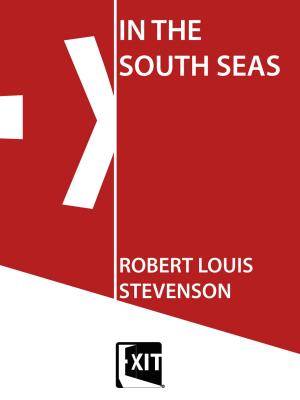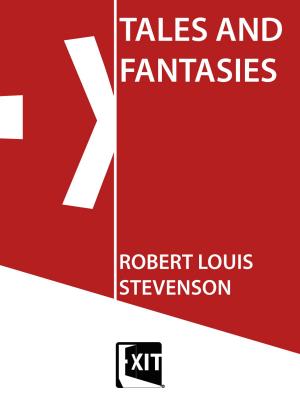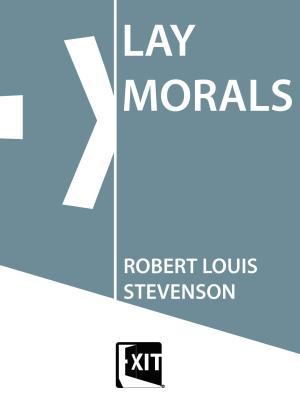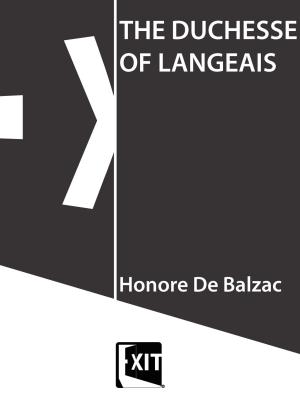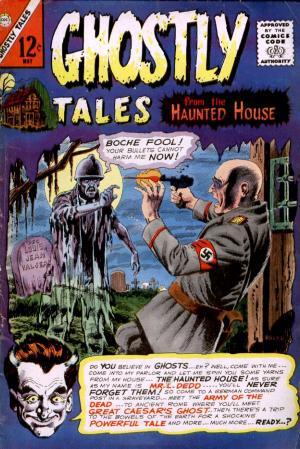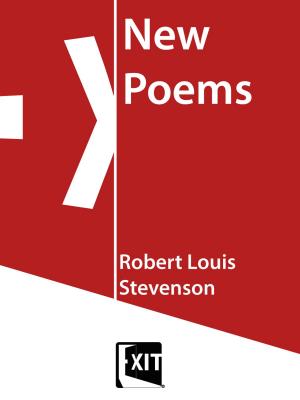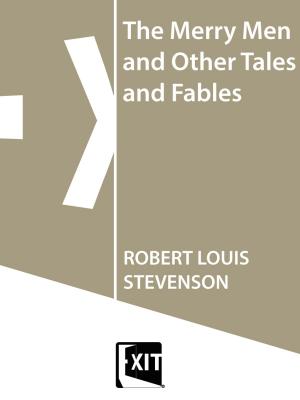| Author: | ROBERT LOUIS STEVENSON | ISBN: | 1230002760520 |
| Publisher: | EXIT | Publication: | October 30, 2018 |
| Imprint: | Language: | Italian |
| Author: | ROBERT LOUIS STEVENSON |
| ISBN: | 1230002760520 |
| Publisher: | EXIT |
| Publication: | October 30, 2018 |
| Imprint: | |
| Language: | Italian |
Two recent books [1] one by Mr. Grant White on England, one on France by the diabolically clever Mr. Hillebrand, may well have set people thinking on the divisions of races and nations. Such thoughts should arise with particular congruity and force to inhabitants of that United Kingdom, peopled from so many different stocks, babbling so many different dialects, and offering in its extent such singular contrasts, from the busiest over-population to the unkindliest desert, from the Black Country to the Moor of Rannoch. It is not only when we cross the seas that we go abroad; there are foreign parts of England; and the race that has conquered so wide an empire has not yet managed to assimilate the islands whence she sprang. Ireland, Wales, and the Scottish mountains still cling, in part, to their old Gaelic speech. It was but the other day that English triumphed in Cornwall, and they still show in Mousehole, on St. Michael’s Bay, the house of the last Cornish-speaking woman. English itself, which will now frank the traveller through the most of North America, through the greater South Sea Islands, in India, along much of the coast of Africa, and in the ports of China and Japan, is still to be heard, in its home country, in half a hundred varying stages of transition. You may go all over the States, and—setting aside the actual intrusion and influence of foreigners, negro, French, or Chinese—you shall scarce meet with so marked a difference of accent as in the forty miles between Edinburgh and Glasgow, or of dialect as in the hundred miles between Edinburgh and Aberdeen. Book English has gone round the world, but at home we still preserve the racy idioms of our fathers, and every county, in some parts every dale, has its own quality of speech, vocal or verbal. In like manner, local custom and prejudice, even local religion and local law, linger on into the latter end of the nineteenth century—imperia in imperio, foreign things at home.
Two recent books [1] one by Mr. Grant White on England, one on France by the diabolically clever Mr. Hillebrand, may well have set people thinking on the divisions of races and nations. Such thoughts should arise with particular congruity and force to inhabitants of that United Kingdom, peopled from so many different stocks, babbling so many different dialects, and offering in its extent such singular contrasts, from the busiest over-population to the unkindliest desert, from the Black Country to the Moor of Rannoch. It is not only when we cross the seas that we go abroad; there are foreign parts of England; and the race that has conquered so wide an empire has not yet managed to assimilate the islands whence she sprang. Ireland, Wales, and the Scottish mountains still cling, in part, to their old Gaelic speech. It was but the other day that English triumphed in Cornwall, and they still show in Mousehole, on St. Michael’s Bay, the house of the last Cornish-speaking woman. English itself, which will now frank the traveller through the most of North America, through the greater South Sea Islands, in India, along much of the coast of Africa, and in the ports of China and Japan, is still to be heard, in its home country, in half a hundred varying stages of transition. You may go all over the States, and—setting aside the actual intrusion and influence of foreigners, negro, French, or Chinese—you shall scarce meet with so marked a difference of accent as in the forty miles between Edinburgh and Glasgow, or of dialect as in the hundred miles between Edinburgh and Aberdeen. Book English has gone round the world, but at home we still preserve the racy idioms of our fathers, and every county, in some parts every dale, has its own quality of speech, vocal or verbal. In like manner, local custom and prejudice, even local religion and local law, linger on into the latter end of the nineteenth century—imperia in imperio, foreign things at home.



